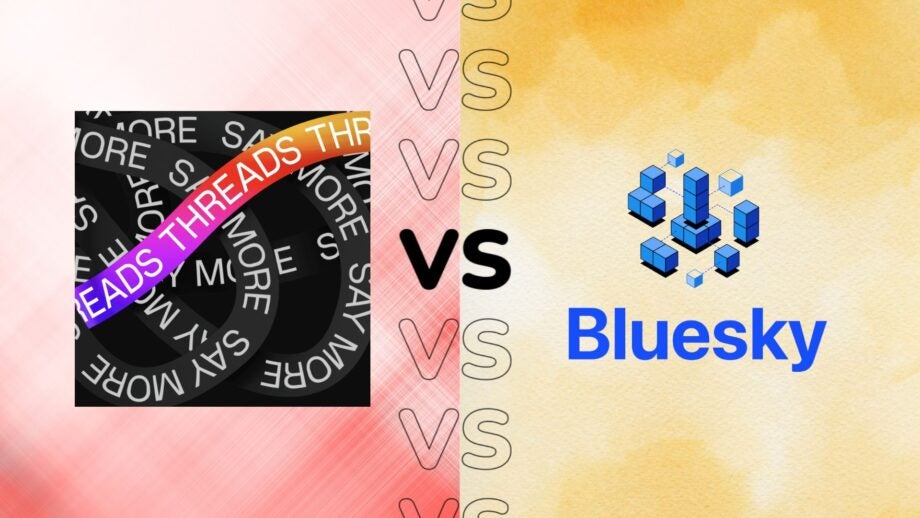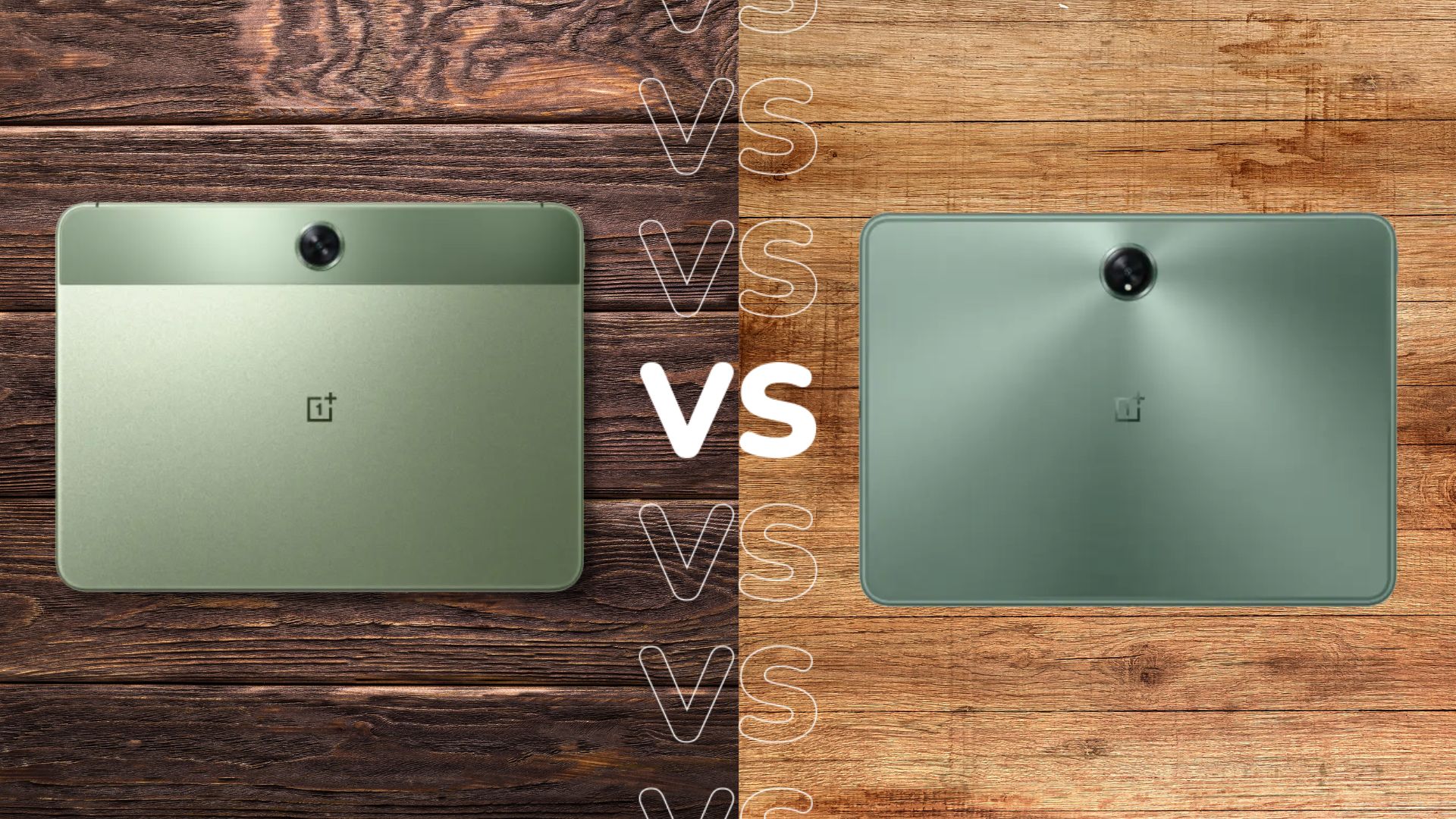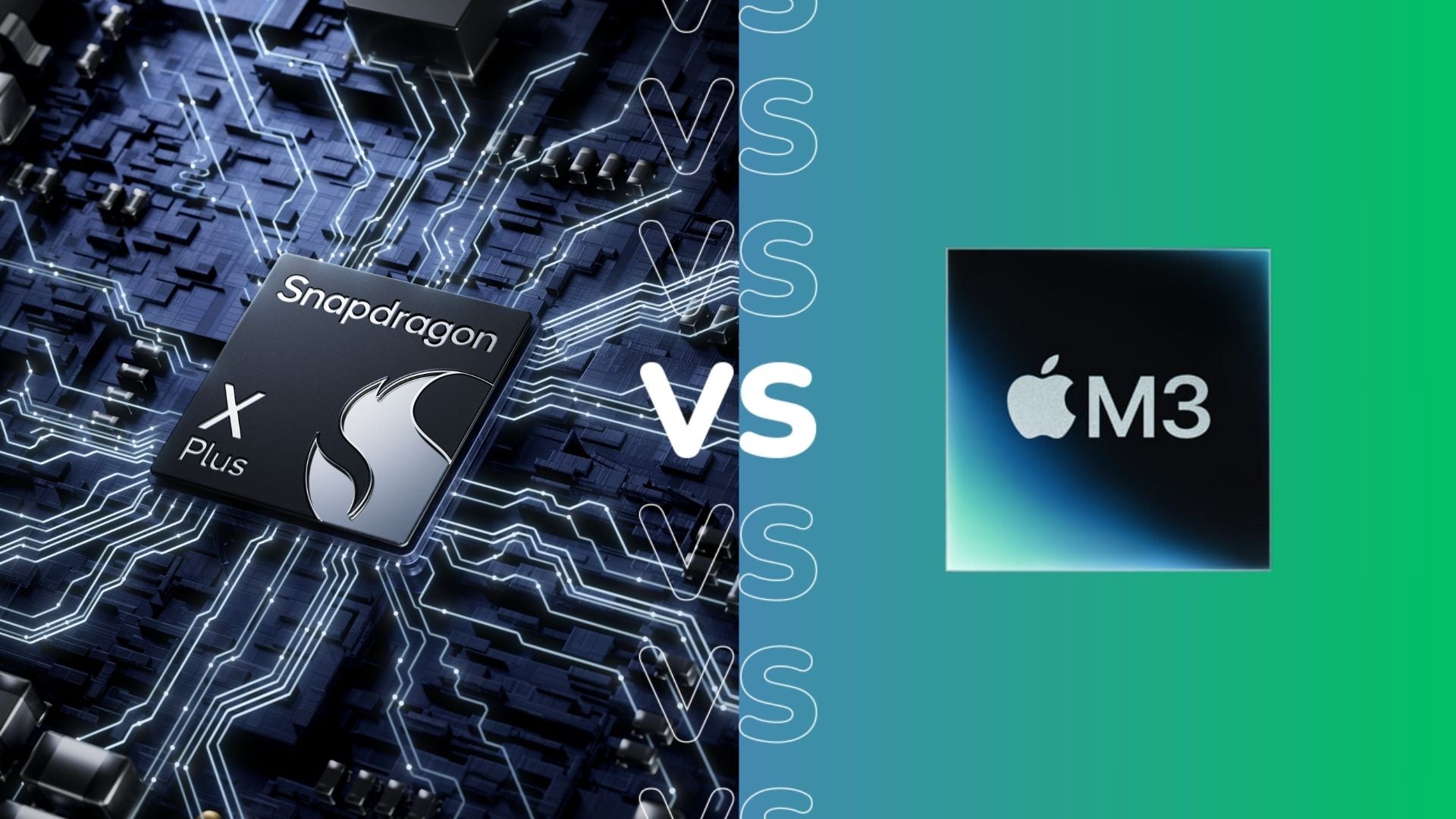Threads vs Bluesky: Which text-based platform wins?

Meta has launched Threads, the latest Twitter-alike to hit the market. But, before Threads, there was Bluesky to try and entice users away from Twitter. So, which is better?
On Twitter these days, it feels like you can’t go a couple of weeks without a new rival coming out of the woodwork. Have you heard of Spill? No? Us neither, until we were researching for this article. They are everywhere.
Most come and go but the latest release, Threads, is backed by the Meta behemoth. The new app somewhat takes Instagram’s formula and fusion dance merges it with Twitter’s. Bluesky is doing something a little different but still in the Twitter sphere. Here’s how they compare.
A Meta headstart
Bluesky’s origins may have begun within Twitter itself but it certainly doesn’t have the leg up that Threads does, being a Meta-owned app. Bluesky currently has around 50,000 users (via TechCrunch). Admittedly sign-ups are currently invite-only so it may blow up once its fully open. We will see.
But, by comparison, Threads has absolutely eclipsed its rival. The new text-based social media platform already touts upwards of 55 million users (via SearchEngineJournal). There are many factors that will have caused this rapid explosion but familiarity with already-popular Meta brands like Facebook and Instagram, as well as easy sign-up to Threads via those accounts, has surely played a huge part.
A decentralised fediverse, huh?
If you’re at all familiar with chat in tech circles around the future of social media and the internet, there are constant mentions of the “fediverse” and “decentralisation”. If you aren’t familiar, you’re probably wondering what these rather buzzy words mean and how they apply to these new apps.
Both Bluesky and Threads intend to use decentralisation within their apps. The short version is that this means communities can be built on seperate networks, allowing for different sets of rules and values to be enforced, but within one app and potentially sharing data. This collective is then referred to as a “fediverse”, a combination of the words federation and universe.
Bluesky already adopts this approach, allowing you to sign up to different servers when you join. For now, Threads runs more like a traditional text-based social media platform, i.e. Twitter, with everyone in the same community.
Bluesky isn’t as data-hungry
The privacy conscious should opt for Bluesky right now. When it comes to data connected to you, rather than anonymised, Bluesky simply vacuums up your email address and the content you post (via WIRED). Anything else is anonymised and that range of data is also far less than Threads.
On the Threads side of things, woah nelly. Threads tracks your activity around the web including details such as purchases, location, email address, browsing history and other usage data. Bluesky does none of this. Threads shares this data with third-party advertisers and developers.
You can use Threads right now
Meta’s Threads is available to download on Android and iOS right now. By comparison, Bluesky is yet to be fully released and you have to join a waiting list. You can also get in via invites from users who already have access, though they have a limited number invites to give out.
Threads is currently mobile-only
Threads has a lot in common with its Meta stablemate, Instagram. And, one key way is how it appears to be focused on mobile applications. You can currently only download Threads on Android and iOS. Of course, there are ways to download these kind of apps on desktops but its not that intuitive and it’s been a bugbear of Instagram users for many years. Whereas Bluesky is accessible on the web.







